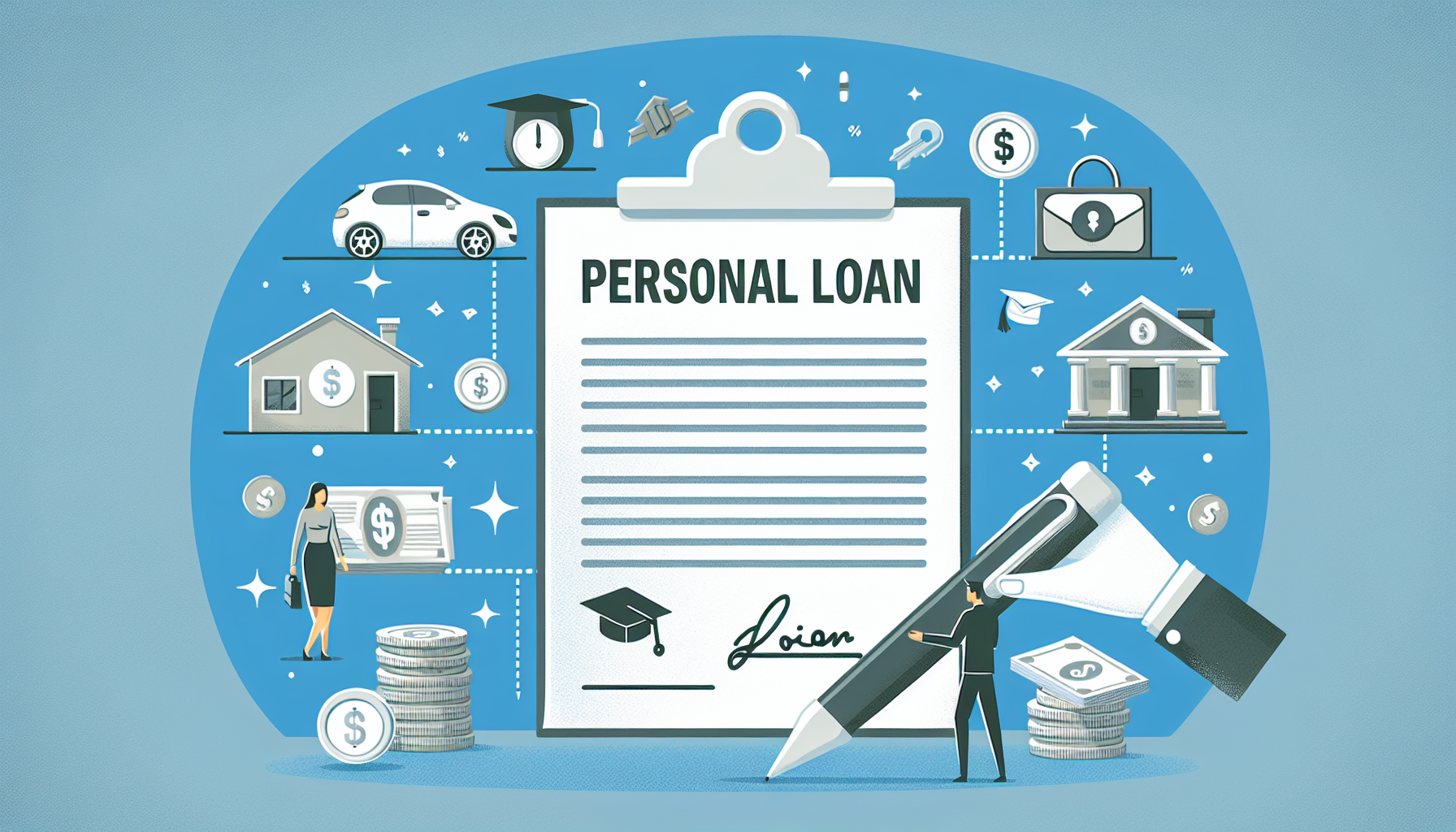Interest rates play a crucial role in determining the cost of borrowing money through personal loans. Finding the ideal interest rate can significantly impact the total amount you end up paying back over the loan term. Understanding how interest rates are determined and what factors come into play can help borrowers make well-informed decisions when seeking a personal loan. In this article, we will delve into the importance of interest rates for personal loans and explore the factors that lenders consider when setting these rates.
Understanding the Importance of Interest Rates
Interest rates are essentially the cost of borrowing money from a lender. They are expressed as a percentage of the total loan amount and are added to the principal amount to determine the total repayment amount. The interest rate not only affects the monthly payments but also determines the overall affordability of the loan. A lower interest rate can result in lower monthly payments and less total interest paid over the life of the loan, making it a more attractive option for borrowers.
In addition to impacting the cost of borrowing, interest rates also reflect the lender’s assessment of the borrower’s creditworthiness and the prevailing economic conditions. Lenders use interest rates as a way to mitigate the risk of lending money and to compensate for inflation and other economic factors. Borrowers with higher credit scores and stable financial histories are typically offered lower interest rates, while those with lower credit scores may face higher rates to offset the perceived risk of default. Understanding how interest rates are tied to creditworthiness and economic conditions can help borrowers negotiate better terms for their personal loans.
Factors to Consider when Determining Personal Loan Interest Rates
When determining personal loan interest rates, lenders take into account a variety of factors to assess the risk associated with lending to a particular borrower. Some key factors include the borrower’s credit score, income level, employment status, and debt-to-income ratio. A higher credit score generally indicates a lower risk of default, which can lead to more favorable interest rates. Lenders also consider the loan amount, loan term, and the purpose of the loan when setting interest rates. Borrowers should be aware of these factors and work on improving their creditworthiness to secure better interest rates on personal loans.
Another important factor that influences personal loan interest rates is the prevailing market conditions and economic trends. Lenders typically adjust their interest rates in response to changes in the market, such as fluctuations in the prime rate, inflation rates, and overall economic stability. Borrowers should keep an eye on these economic indicators and consider timing their loan applications to take advantage of lower interest rates. By understanding how market conditions impact interest rates, borrowers can make more informed decisions when seeking personal loans and potentially save money in the long run.
Deciphering the ideal interest rate for personal loans requires a thorough understanding of how interest rates are determined and what factors come into play. By considering factors such as creditworthiness, economic conditions, and market trends, borrowers can negotiate better terms and secure lower interest rates on their personal loans. It is essential for borrowers to shop around, compare offers from different lenders, and be proactive in improving their credit profile to access more competitive interest rates. Ultimately, finding the right interest rate can make a significant difference in the affordability and overall cost of borrowing through personal loans.


Related Posts :
What is a Personal Loan?Understanding Personal Loans: Your Comprehensive Guide
How to Personal Loans Work
Guide to Refinancing Your Personal Loan: Tips and Steps
How to Secure a Personal Loan Even with Bad Credit